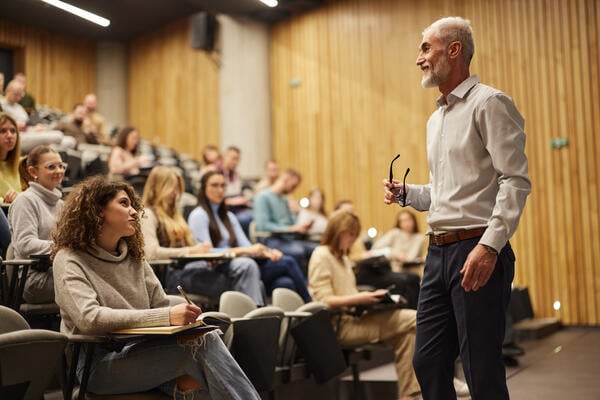FG tasks state govts on improved funding of girls education
The Federal Government has called on stakeholders and other critical stakeholders in the education sector to prioritize girls’ education with improved funding as a key strategy in addressing menace of out-of-school children as as well reducing poverty in the country.
The Minister of State for Education, Prof. Suwaiba Ahmad spoke just as stakeholders in education sector on Wednesday called on the Federal Government to ensure allocation of 4 per cent of the nation’s Gross Domestic Product (GDP) to education in line with the global recommendations and best practices.
According to them, the current allocation of 1.9 per cent by the Nigerian government is grossly inadequate to address the multiple challenges bedeviling the education sector in the country.
Suwaiba Ahmad speaking at the one-day stakeholders meeting on unveiling of two critical reports on Girl Education Performance Assessments and State Level Education Financing in Abuja, maintained that education is the cornerstone of national development and that education of the girl child is an essential pillar for the sustainable progress of any nation.
“When we invest in the education of girls, we invest in the prosperity, health, and future of our communities and our country. We all recognize that girls’ education is not just a matter of gender equity, it is a catalyst for social transformation, economic growth, and national resilience.
“I therefore, urge you to educate the girls so that your communities can thrive, the health outcomes improve, and generations lifted out of poverty,” she stated.
The reports presented data on the percentage of each state’s 2025 budget allocated to education, revealing wide variations in prioritization.
According to the reports, while some states like Jigawa allocated up to 32 per cent, Kano, 31 cent, and Kaduna 26 per cent indicating a significant budgetary commitments to education sector and reflecting a strong policy emphasis on educational development.
In contrast, states such as Borno allocated 13 per cent, Bauchi, 15.02 per cent and Gombe, 15.14 per cent showing considerably lower investment levels, potentially indicating weaker political will or competing priorities.
“Such disparities suggest unequal capacity across states to improve infrastructure, teacher recruitment, school feeding, gender-sensitive facilities, and education system resilience all of which are critical components of inclusive and quality education.
“States that allocate a higher share of their budgets to education are more likely to create an enabling environment for girls to access, remain, and thrive in school. Increased funding can support interventions such as scholarships, provision of menstrual hygiene facilities, recruitment of female teachers, and safe school initiatives-all known to improve girls enrollment and retention. Conversely, in states with lower education budgets, girls may face greater barriers due to poorly funded schools long walking distances, overcrowded classrooms, or lack of basic amenities.
“Therefore, the level of state investment in education not only reflects commitment but also determines the effectiveness and equity of education delivery, particularly for vulnerable groups like girls. However, moving forward our analysis will focus on releases of the budgetary,” the report stated.
Fadujo Sunkanmi Ade, a Monitoring and Evaluation (M&E) Consultant, during his presentation called on the Federal Government to increase budgetary allocation to the education in line with global recommendation of 4 per cent GDP.
He noted that the current allocation of about 1.9 per cent GDP to education is grossly inadequate to tackle the enormous challenges in the sector, given the high number of out-of-school children and infrastructure challenges in the country.
The event supported by Malala Fund was organized by the Federal Ministry of Education and System Strategy and Policy Lab, attracted State Commissioners of Education from Adamawa, Akwa Ibom, Bauchi, Borno, Gombe, Kaduna, Kano, Sokoto, Oyo and Jigawa, as well as Development Partners, International Donors, Leaders of Civil Society, Traditional Institutions, Education Advocates.












